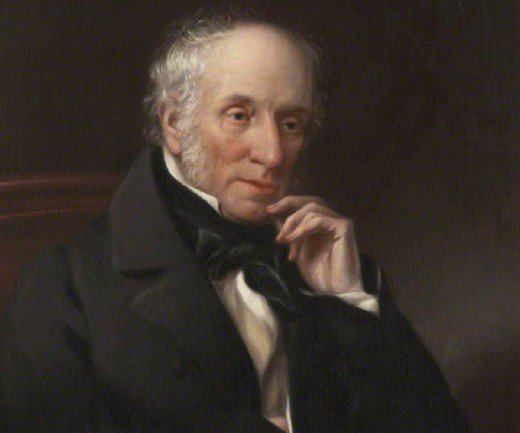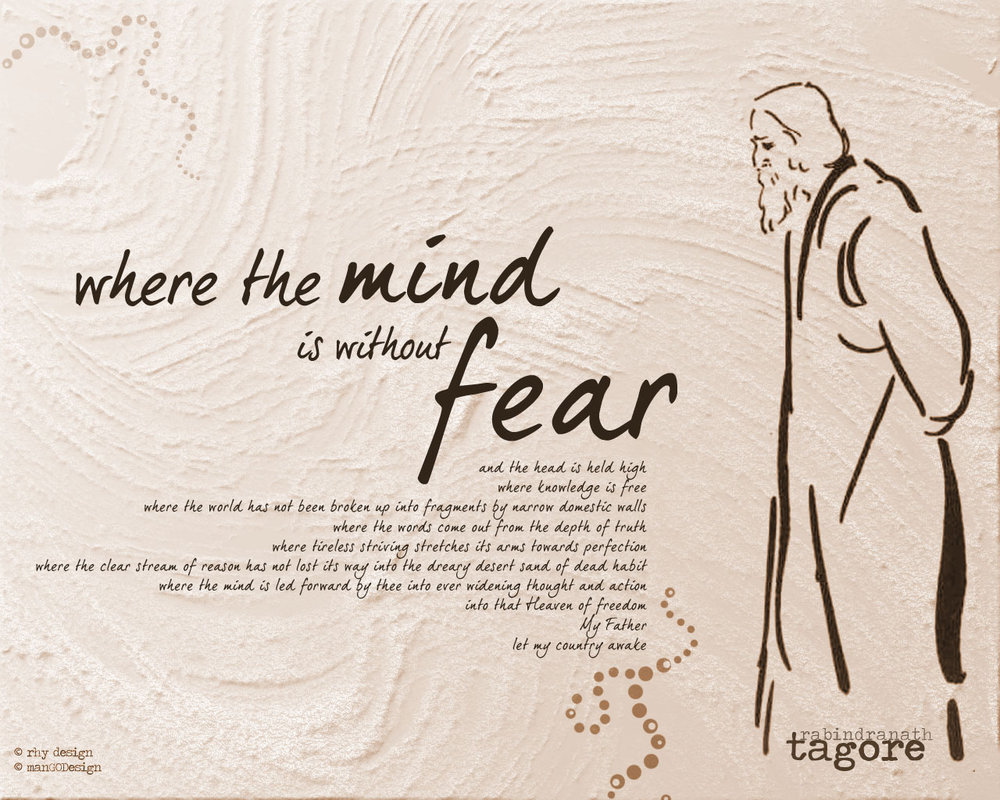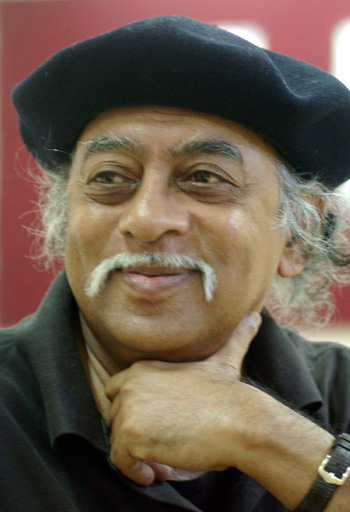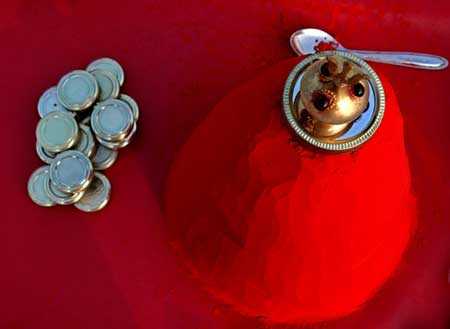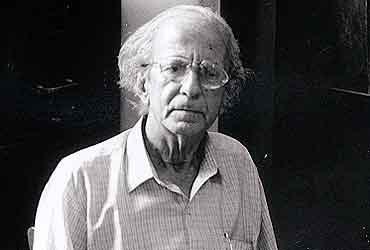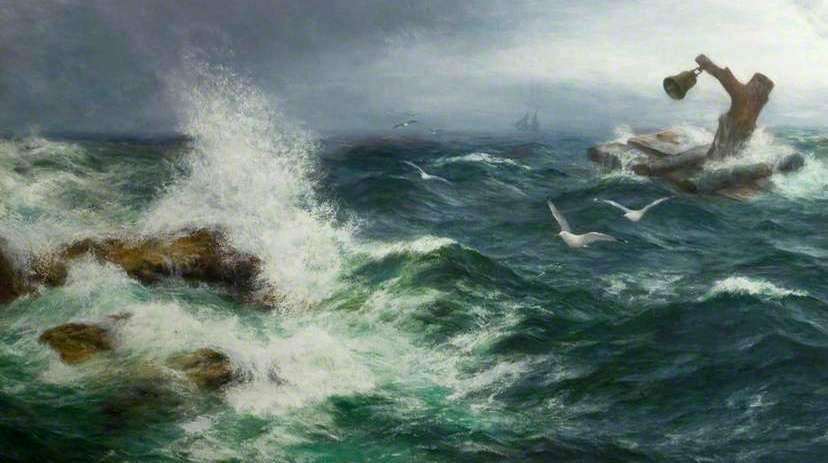About the poet: Rabindranath Tagore (7 May 1861 – 7 August 1941) was a Bengali poet of India born in the city of Kolkata (formerly known as Calcutta). His name is written as Rabindranath Thakur in Indian languages. Tagore had early success as a writer in his native Bengal. With his translations of some of his poems he became rapidly known in the West. In fact his fame attained a luminous height, taking him across continents on lecture tours and tours of friendship. For the world he became the voice of India’s spiritual heritage; and for India, especially for Bengal, he became a great living institution. A native of Calcutta, India, who wrote in Bengali and often translated his own work into English, Rabindranath Tagore won the Nobel Prize for Literature in 1913 — the first Asian to receive the honor. He wrote poetry, fiction, drama, essays, and songs; promoted reforms in education, aesthetics and religion; and in his late sixties he even turned to the visual arts, producing 2,500 paintings and drawings before his death. Although Tagore wrote successfully in all literary genres, he was first of all a poet. Tagore’s major works included Gitanjali (Song Offerings), Gora (Fair-Faced), and Ghare-Baire (The Home and the World); and many other literary and art works.
About the poem: The 50th poem from his Nobel Prize winning collection, Gitanjali, I Had Gone a-begging is a poem that imparts a moral value through the narration of an incident. Written in first person, this poem is directly addressed to the second character in the poem, that is, the man on the chariot. The poem is in the form of the Beggar’s monologue as he narrate how due to his own miserly nature he suffered the greatest loss of his life and couldn’t recognize God even as he was standing right in front of him.
Mood, Setting of the poem: The poem is set in the pathways of a village, which we can gather from the phrase, “I had gone a-begging from door to door in the village path”. Since the poem is actually the narration of an incident, and that it has been narrated on a first person account, the mood of the poem varies. When he discovers the golden chariot riding towards him, he is excited and ecstatic. The king of king’s asking for alms surprises him so that he calls it a “kingly jest”. Finally, when his day is concluding and he checks his bag, realisation hits him and he is filled with remorse for his selfishness and miserly nature.
Annotations: Line by Line Meaning of I Had Gone a- Begging
Stanza 1
I had gone a-begging – I had gone to beg, I was begging
Thy- your
King of all kings- somebody greater even than all the kings, since he travelled in the gorgeous golden chariot
Stanza 2
Methought- I thought
Evil days- days of despondence and poverty
Alms to be given unasked- the need to ask for charity wont arise
Wealth scattered on all sides in the dust- there will be so much money, that it will be scattered all over the ground
Stanza 3
Thou camest- You came
Then of a sudden thou didst hold out thy right hand – All of a sudden, you held out your right hand
What hast thou to give to me?- What do you have to give to me?
Stanza 4
Kingly jest- great joke
Thy- your
Least little grain- smallest little grain
Thee- you
Stanza 5
Wept- cried
Give thee my all- give you my everything
I Had Gone a- Begging Summary by Tagore
I had gone a-begging from door to door in the village path,
when thy golden chariot appeared in the distance
like a gorgeous dream and I wondered
who was this King of all kings!
The poet begins with a continuation from the title of the poem. We gather from the first line itself that the poet is a beggar. He was on his rounds, collecting alms, going from door to door in the village path. That is when he first sighted the golden chariot in the distance. The splendour of the chariot was such that the poet couldn’t help but wonder that to whom such a grand chariot could belong. He must be a man of immense wealth and power, a man who is above all kings. He refers to him as the king of kings because of these above mentioned reasons and the usage of this phrase shows how affluent the man looked, on the first sight itself.
My hopes rose high and methought
my evil days were at an end,
and I stood waiting for alms to be given unasked
and for wealth scattered on all sides in the dust.
The incoming man’s wealth overwhelmed the poet and his hopes rose that a man with such riches would surely aid him and give him enough money in charity to end his poverty. The beggar stood waiting for the man to get down from his chariot and shower him with riches. Because the man was so powerful, he assumed that he would not even have to beg to him, but would be generously rewarded without even having to ask for it. He imagined a scenario with wealth overflowing such, that it would be scattered all over the ground.
The chariot stopped where I stood.
Thy glance fell on me
and thou camest down with a smile.
I felt that the luck of my life had come at last.
Then of a sudden thou didst hold out thy right hand
and say `What hast thou to give to me?’
The poet’s wishes came true when the man’s gorgeous chariot halted right next to him. The king of king’s glance fell on the beggar and he acknowledged him by descending down from his chariot and bestowing upon him a smile. The poet refers to that moment as the luck of his life because he felt that with such wealth, the man was bound to be generous and do enough charity to him to end his pitiable condition for forever. But, to the poet’s surprise, the man held out his right hand to the poet and asked him what he had to give to him. This came as a shock to the beggar as the situation that he had imagined, got completely reversed. He had envisaged a scenario where the man would shower him with wealth, but instead the tables completely turned and the man ended up asking the beggar what he could give him.
Ah, what a kingly jest was it
to open thy palm to a beggar to beg!
I was confused and stood undecided,
and then from my wallet I slowly took out
the least little grain of corn
and gave it to thee.
The beggar calls the whole scene a ‘kingly jest’. This brings out the irony of the situation as the man who was of the stature of a king, actually asked a beggar for alms. A wealthy man has actually opened up his palm to a beggar to beg! This baffles the beggar and stands dumbly without any definite idea as to what course of action he should resort to. Then, he reluctantly retrieved a little grain of corn from his wallet and gave it to the wealthy man from the chariot. The use of the word “slowly”, is indicative towards the fact that the beggar was miserly and it was with great hesitance that he parted with that small grain of corn. It might also be that he could not gauge as to why a man this rich would ask a poor beggar for aid.
But how great my surprise when at the day’s end
I emptied my bag on the floor to find
a least little gram of gold among the poor heap.
I bitterly wept and wished
that I had had the heart to give thee my all.
The concluding stanza captures the poet’s initial surprise and then regret when he finds, while emptying his sack that a little gram of gold amongst the heap of his day’s collection. And then he realises that it was no wealthy man, but God himself who had approached him and he was so selfish and miserly that his concern lay only with his own needs. He was reluctant to part with his grain of corn, but still in return of that God repaid him with gold. The beggar wishes that he too had a heart as big as the God’s and he could have gotten himself to part with all of his belongings and completely surrender to God. He achieves a spiritual awakening and realises the importance of the act of giving unconditionally. This summary is written by Ankita- our contributing author.
Some online learning platforms provide certifications, while others are designed to simply grow your skills in your personal and professional life. Including Masterclass and Coursera, here are our recommendations for the best online learning platforms you can sign up for today.
The 7 Best Online Learning Platforms of 2022
- Best Overall: Coursera
- Best for Niche Topics: Udemy
- Best for Creative Fields: Skillshare
- Best for Celebrity Lessons: MasterClass
- Best for STEM: EdX
- Best for Career Building: Udacity
- Best for Data Learning: Pluralsight



